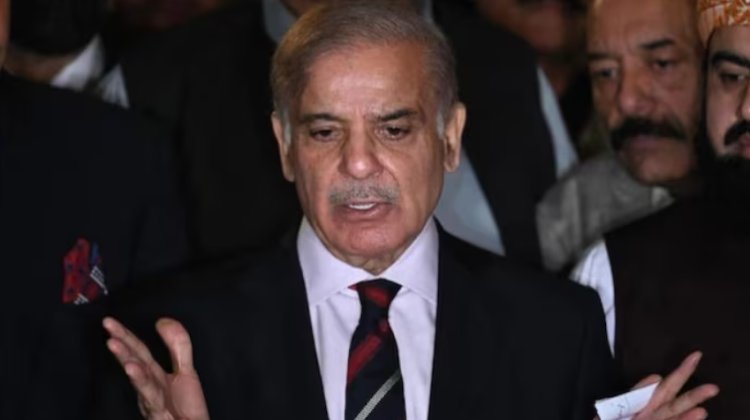Pakistan's inflation reaches its highest level in five decades as the government fights for an IMF bailout package.
Pakistan's economy is on the verge of collapse due to years of financial mismanagement and political instability, which is made worse by a global energy crisis and devastating floods.

In March, Pakistani inflation reached 35.37 percent year-over-year, the highest level in nearly 50 years, as the government struggled to meet IMF requirements for a desperately needed bailout.
According to government data released on Saturday, monthly inflation was 3.72 percent, while the average rate of inflation over the previous year was 27.26 percent.
A global energy crisis and devastating floods that submerged a third of the country in 2022 have pushed Pakistan's economy to the brink of collapse after years of financial mismanagement and political instability.
While foreign exchange reserves have diminished and the rupee is in freefall, the nation requires billions of dollars in financing to service its existing debt.
Poor Pakistanis are bearing the brunt of the economic turmoil. Since the beginning of the Muslim fasting month of Ramadan, at least 20 people have been killed in crowd crushes at food distribution centers.
Shahida Wizarat, an analyst based in Karachi, stated, "The way inflation is rising, I believe a famine-like situation has been simmering."
At a factory distributing Ramadan alms, at least 12 people were killed Friday in a crowd crush in Karachi, Pakistan's southern city.
The nation in South Asia, home to more than 220 million people, is deeply in debt and must implement stringent tax reforms and raise utility costs to avoid defaulting on a $6.5 billion IMF bailout.
"Due to market frictions caused by relative demand and supply gap of essential items, exchange rate depreciation and recent upward adjustment of administered prices of petrol and diesel," the finance ministry stated, inflation is anticipated to remain at "elevated" levels.













